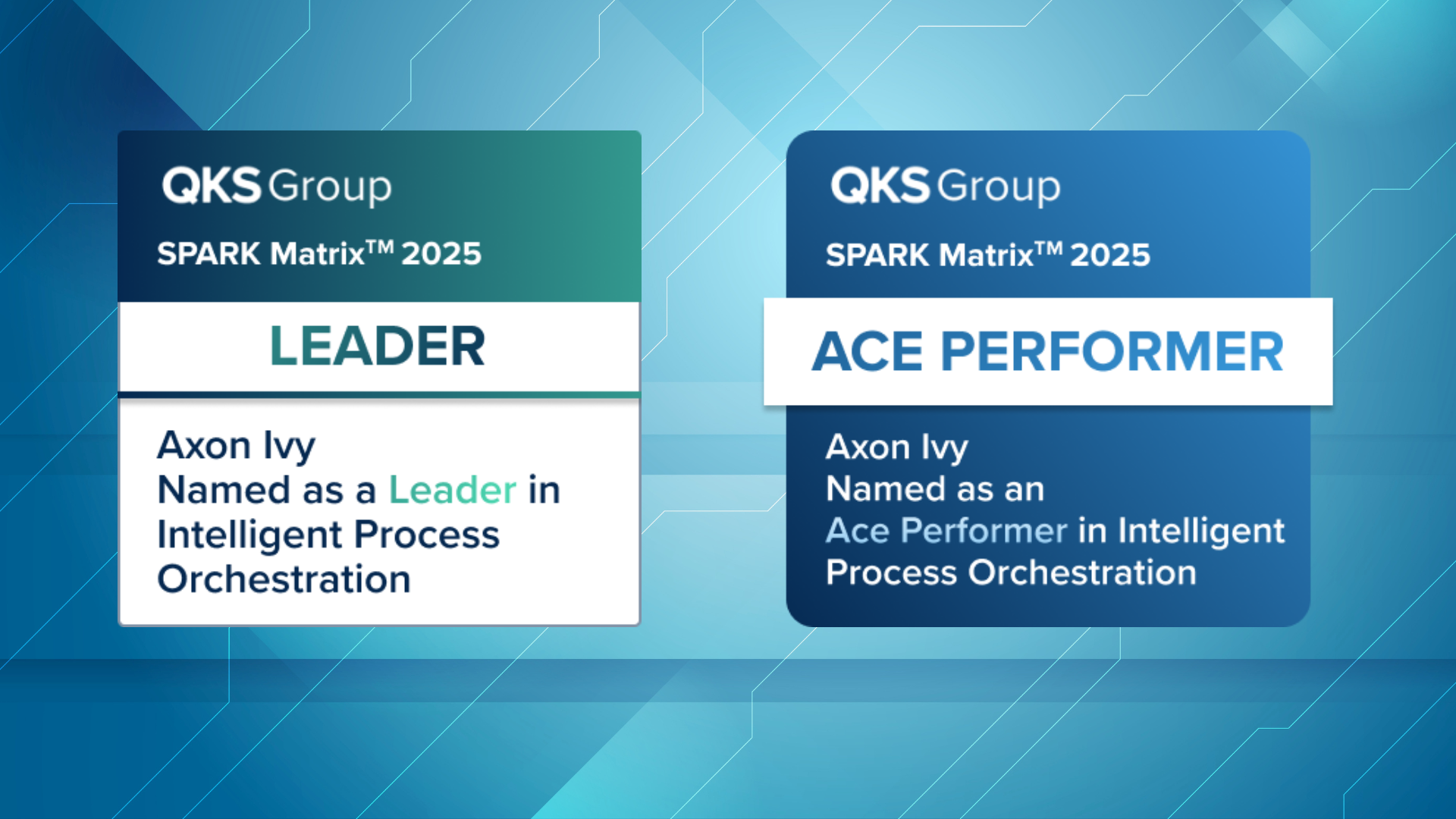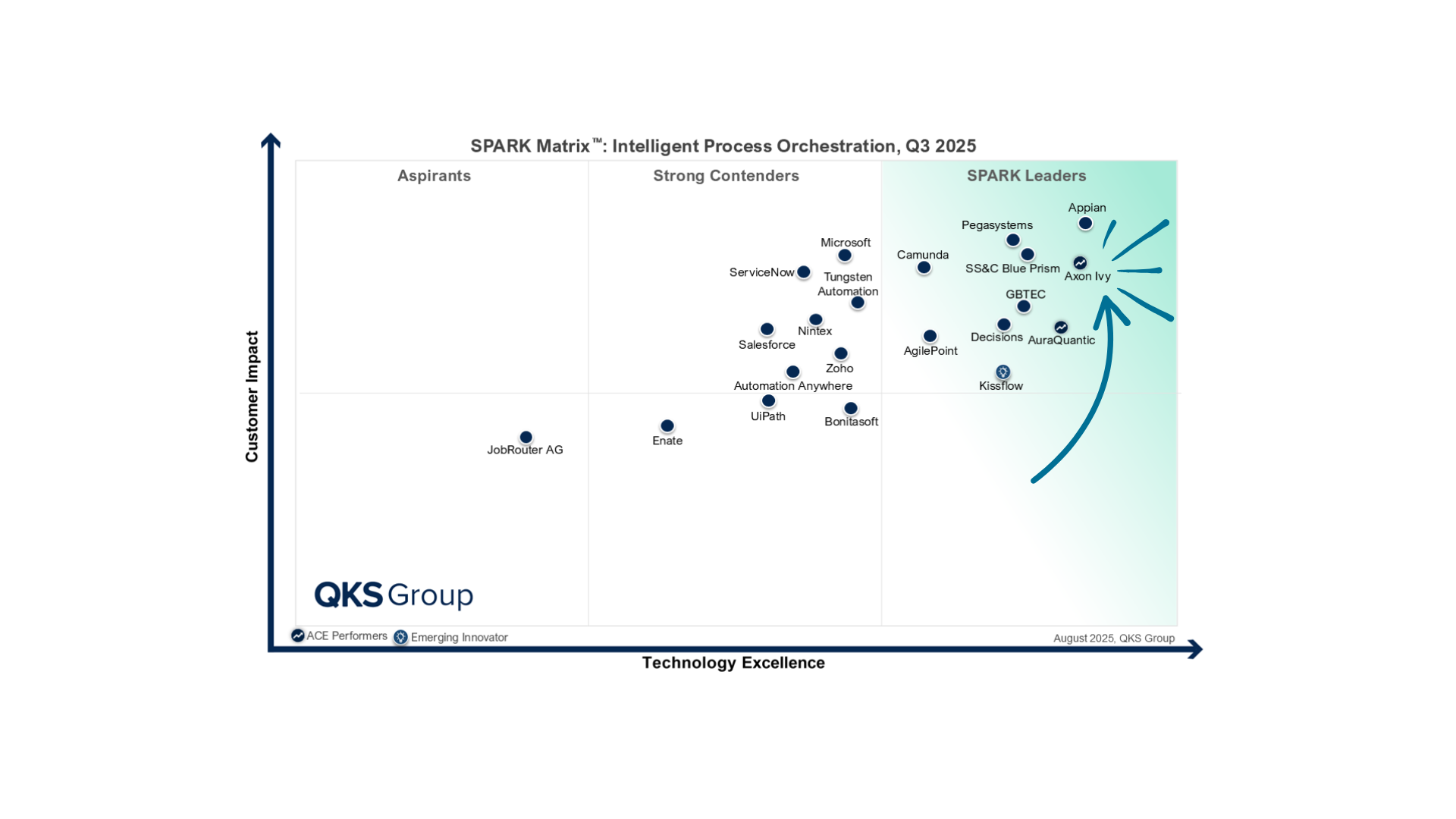
Radical Industry Transformation
As the saying goes, the only constant in life is change – this holds true today more than ever. Radical transformation in business presents significant opportunities for both major companies and medium-sized enterprises. To survive in today’s market and remain competitive in the future, businesses must embrace agility, speed, and adaptability. Achieving this requires consistent digitalization and automation of workflows and processes.
Standard Products and Services Are Yesterday’s News
Customers are increasingly demanding personalized products and services tailored to their specific needs. Companies that can deliver individual solutions at the right time will be the ones to thrive. The goal is to ensure customer satisfaction through quick delivery times and high quality. If a company is like a slow-moving oil tanker, a digitalization platform can transform it into an agile speedboat. By automating business processes, companies can act and react much faster, bringing them closer to their customers. This is crucial not only for international corporations but also for medium-sized enterprises, which must recognize and seize the potential of automation.
Courage to Take the First Step
Automation doesn’t have to be implemented all at once – automating even a few simple processes can bring significant value. Scalable process solutions allow companies to quickly adapt to changing conditions, such as organic growth or new market dynamics, while continuing to grow amid evolving requirements. This flexibility is particularly important during internal changes, as the solution must continue to function seamlessly through restructuring. Automation levels can be gradually increased, incorporating more processes over time.
Identification with the company Employee Buy-in During Change
In times of change, medium-sized enterprises have a unique advantage: their employees often have a strong sense of identification with the company. This connection is directly tied to the company’s ability to adapt. Clear communication and a transparent process help employees understand that future success is not possible without making changes. When employees are on board, they adopt a positive attitude toward transformation, making the implementation of necessary steps much smoother.
Medium-sized companies in the water industry, for example, are finding themselves under increasing pressure. The market is extremely dynamic, with companies expected to offer a higher level of service and more transparency. Intelligent automation offers a way to address these challenges, enabling more sustainable water supply and sewage disposal. This approach optimizes resource usage, reduces energy consumption, improves sewer management, and enhances reliability in water purification and sewage treatment. Key applications include:
- Proactive Maintenance: Intelligent data recording and evaluation allow for proactive servicing of supply and disposal networks, ensuring optimal process control.
- Digital Networking: Seamless digital connections with suppliers and service providers enable fast, planned provision of goods and services.
- Automated Alerts: Networked communication interfaces send automatic notifications for maintenance and replacement cycles of individual components.
- Efficient Control: Processes in control centers and connected stations can be quickly adjusted based on specific requirements and clear, measurable data.
- Advanced Management: Digital platforms that integrate geodata, simulations, and data analysis tools allow for systematic operation and management of drinking water networks.
- Integrated Water Management: Connecting production processes with sewage treatment enhances overall water management.
Different technologies are used to implement automated processes in water management, both on machines and systems, as well as in administration and management. A process automation platform, as a central hub, coordinates these different solutions, ensuring smooth processes and perfect synchronization of individual technologies. The platform organizes technologies, tasks, and functions, coordinating them effectively. By integrating the Internet of Things (IoT) for recording, processing, and storing data from systems and equipment, a cloud-based platform enables comprehensive networking – even across multiple sites.
Starting the Journey Together
When radical industry transformation becomes inevitable, both large corporations and medium-sized enterprises embark on a learning journey. Medium-sized companies, in particular, should not fear this step – the opportunities and benefits are undeniable and speak for themselves. Digitalization and process automation free up time and resources, improve service quality, and reduce risks and errors. If leaders implement these changes strategically, methodically, and clearly, employees will embrace the transformation, paving the way for success.




